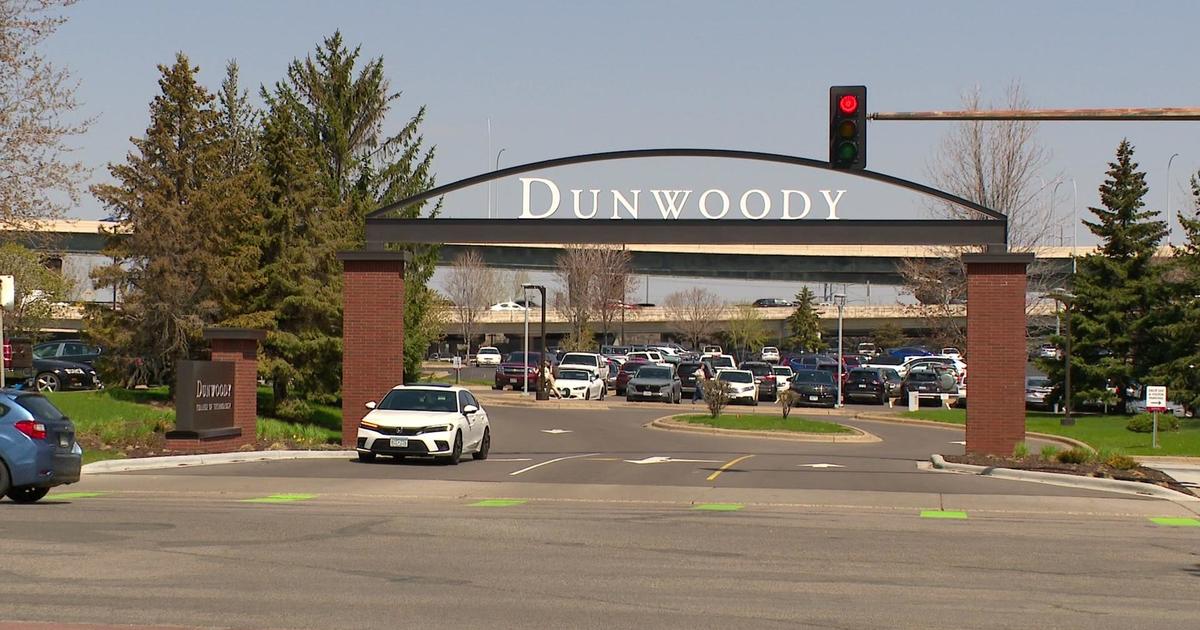What Are North Korea's Nuclear Capabilities?
MINNEAPOLIS (WCCO) -- The United States is asking for complete, verifiable and irreversible denuclearization of the Korean Peninsula.
But what are North Korea's nuclear capabilities now?
Around Labor Day 2017, North Korea conducted its sixth and most recent nuclear test. It claimed it was a hydrogen bomb.
Experts say it was five times more powerful than the bomb detonated at Hiroshima.
"There's a lot of uncertainty about how much fissile material they have, how many weapons they have, how many missiles they have," says Mark Bell, a UMN political science professor who teaches about nuclear weapons. "We basically have to make assessments based on the technologies they've demonstrated."
Analysts will also talk with defectors, scrutinize military displays and measure seismic activity to determine the size of North Korea's nuclear arsenal.
Experts believe North Korea has between 15 to 100 nuclear bombs.
According to a report from the Council on Foreign Relations: "Estimates of the country's nuclear stockpile vary: some experts believe Pyongyang has between fifteen and twenty nuclear weapons, while U.S. intelligence believes the number to be between thirty and sixty bombs."
In its last missile test conducted just after Thanksgiving 2017, North Korea said its missile could reach Washington, D.C. It flew for more than 40 minutes and climbed 2300 miles into space before splashing down in the Sea of Japan.
"The fact that they don't necessarily feel the need to test nuclear weapons anymore, it's a sign their program is complete, rather than a sign that they're wanting to get rid of it," Bell said.
The Trump administration has called for rapid denuclearization. But, last month, an American scientist who has visited North Korea's atomic complex says the process of disarmament could take up to 15 years.
When North Korea conducted their tests, they did so at night in less than perfect conditions. But given nuclear weapons have never been used, there are few guarantees everything will work as planned.
"It's certainly possible that if the U.S. were to attack first, for example, they might be able to prevent North Korea from launching any missiles," Bell said. "The problem is we don't know that with a lot of certainty."



